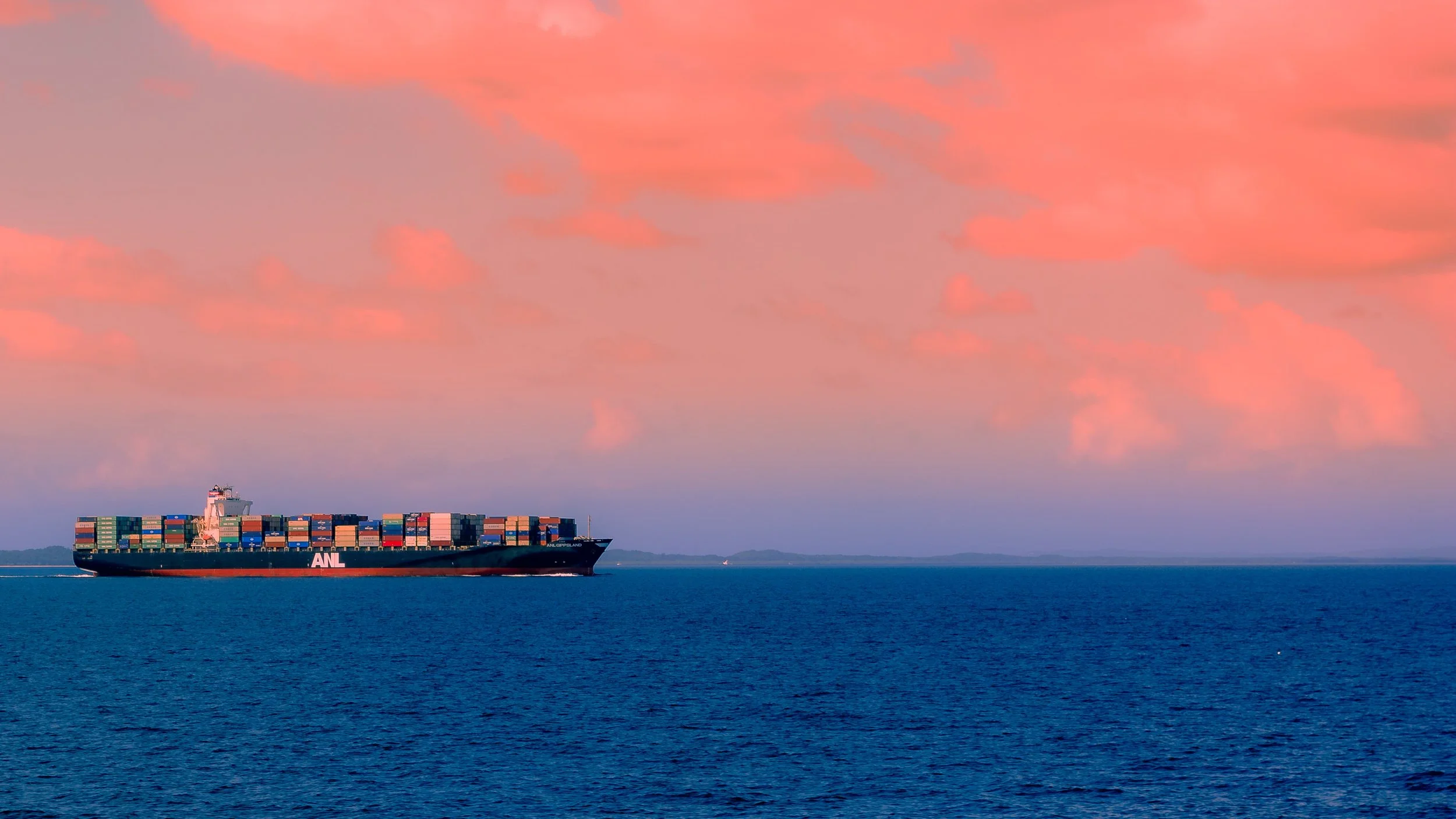Implications and Potential Outcomes of Impending Deep Sea Mining Permits
🌊 Implications and Potential Outcomes of Impending Deep Sea Mining Permits.
The International Seabed Authority (ISA), responsible for regulating the ocean floor, is set to resume negotiations on deep-sea mining permits. With the aim of extracting minerals crucial for the green energy transition, the potential opening of the international seabed has raised concerns about its impact on marine ecosystems. Deep sea mining involves extracting minerals from the seabed, including polymetallic nodules, seafloor sulfide deposits, and cobalt crusts. However, the environmental consequences remain uncertain, as the technology for deep-sea mining is still evolving, and the understanding of deep-sea ecosystems is limited.
As saltwater intrusion from the Gulf of Mexico threatens the drinking water supply of approximately one million people around New Orleans, efforts are being made to protect the region's water sources.
The International Seabed Authority (ISA), responsible for regulating the ocean floor, is set to resume negotiations on deep-sea mining permits.
The US military's preparations for conflict in the Pacific are being hindered by inadequate logistics planning, according to Bradley Martin and Christopher Pernin of the RAND Corporation.
A massive search effort is currently underway in the remote North Atlantic to locate the missing Titan submersible, which carried five individuals.
The expansion of the port in Nome, Alaska, is set to transform the region, accommodating larger cruise ships, cargo vessels, and military ships, and making it the nation's first deep-water Arctic port.
Ocean Network Express (ONE) has announced the successful delivery and deployment of their inaugural 24,000-TEU class vessel, the ONE Innovation.
Ocean shipping rates are returning to pre-pandemic levels as volumes decrease and new capacity comes online.
The World Shipping Council (WSC) has reported a significant decline in the number of containers lost at sea in 2022, with only 661 containers lost compared to previous years.
Recent data indicate a decrease in cross-ocean shipping over the past nine months, suggesting a decline in global demand for goods originating from Asia.
Companies interested in mining the ocean floor can now submit applications to the International Seabed Authority starting in July, following approval of the controversial practice despite significant pushback.
CEO of Ocean Network Express (ONE) Jeremy Nixon is warning that there will be significant up-front cost associated with the transition to green fuels.
The global shipping industry has traditionally operated on a global scale, with vessels crossing oceans and continents to transport goods from one part of the world to another.
After historically high freight rates in the maritime shipping industry clouded the sector while consumers panic-bought everything from furniture to toilet paper during the pandemic years - the rates have finally cooled off.
Deep sea mining is an area of focus for renewable energy sources because of the potential for extracting valuable minerals and metals from the ocean floor.
According to the Asia-Pacific Economic Cooperation, the overwhelming amount of visa requirements, tariffs, and restricted access to certain areas of the ocean are hindering the decades-long efforts to clean up the beaches and oceans across the globe.
Scrubbers, a system put in place to clean the exhaust gasses from container ships and reduce pollutants that are put into the air, are doing little to help clear up pollution of the water.

















In the 2022 "Protecting Blue Whales & Blue Skies" program, shipping companies received awards and financial incentives for reducing speeds in environmentally sensitive areas.